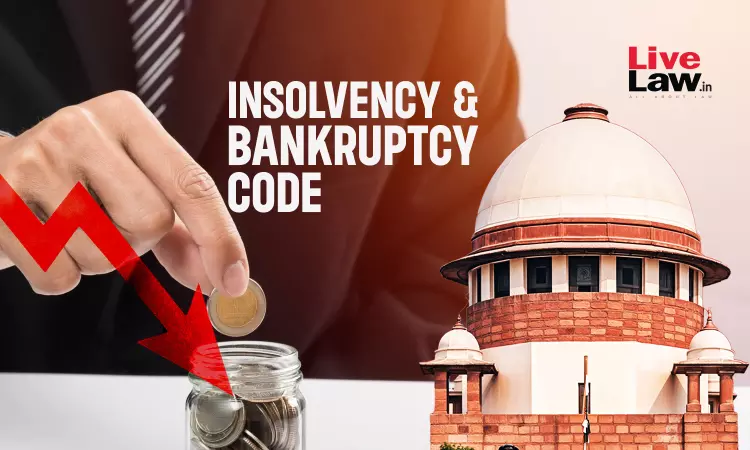IBC | Financial Creditor Can Submit Claim Even If There Is No Default Of Debt : Supreme Court
LIVELAW NEWS NETWORK
21 Dec 2024 10:57 AM IST

Next Story
21 Dec 2024 10:57 AM IST
The Supreme Court has observed a default is not necessary for a debt to become a financial debt under the Insolvency and Bankruptcy Code, 2016. A bench comprising Justice Abhay S Oka and Justice Augustine George Masih held that under Section 5(7) of the IBC, any person to whom financial debt is owed becomes a Financial Creditor even if there is no default in payment of debt. "Therefore,...
